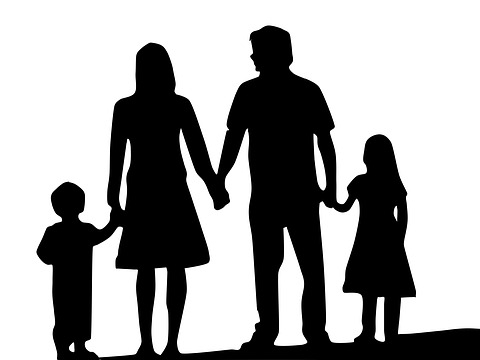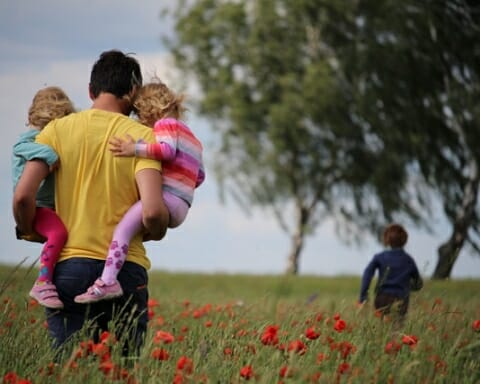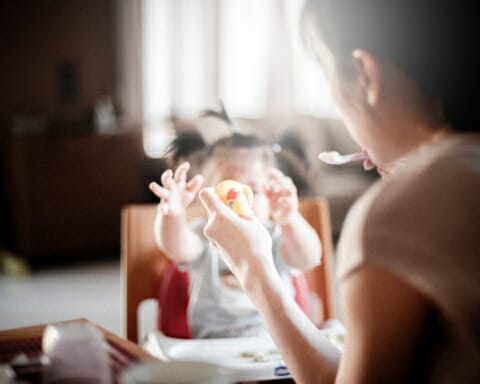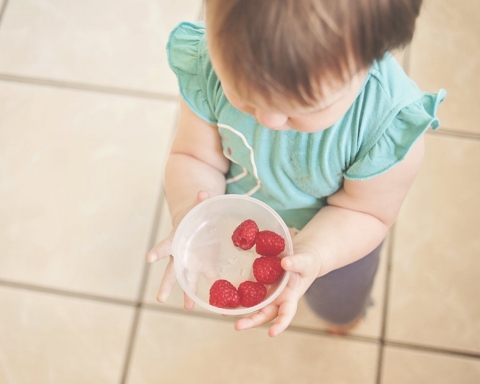Parenting refers to the process of becoming a parent and raising children. It encompasses everything from becoming pregnant to giving birth and all the experiences that follow, such as watching a child’s first steps, comforting a child when he or she cries, seeing a child graduate, and eventually letting children go off on their own (such as when they get married). Nothing brings parents as much joy as seeing their children become happy and successful.
What Is Parenting All About?
Parenting is both rewarding and difficult. When someone becomes a parent, the child should take priority; therefore, parents must make a lot of sacrifices for their children. However, if done correctly, parenting ultimately creates strong individuals and better societies.
Parenting is all about putting the child’s needs first. It’s about being responsible, caring, loving and nurturing. It’s about supporting the child, no matter what the situation is. It’s about raising individuals who will make the world a better place.
Essentially, there are three main components of parenting:
- Care. Care is providing what is necessary for the health, welfare, maintenance, and protection of the child. Not only is this important for the child’s physical well-being, but it is also important for the child’s emotional health.
- Setting and enforcing boundaries. Setting clear-cut rules is necessary for both the children’s safety and the safety of the people around them. It teaches children to respect their parents. It teaches children self-discipline and keeps them safe. Rules and boundaries should be enforced with love, gentleness, and respect. If rules are implemented harshly and forcefully, the discipline may do more harm than good.
- Encouraging development. Parenting involves optimizing the child’s potential and providing maximum opportunities for the child’s development. Parents should serve as role models and teachers, introducing new ideas in an unwavering and uncoerced manner.
The Importance of Parenting
Ever since the seventeenth century, philosophers have regarded the child’s mind as a clean slate. Children follow and learn from what they see and hear around them. Therefore, it is the parents and society who shape the minds of children and instill values in them. If, in fact, children grow up to be what their parents teach them to be, then parenting is perhaps the most important responsibility a person can ever have. It is the single most important factor in raising the next generation to have either a positive or a negative impact on the world.
Frankly, children are what their parents are, so parents are responsible for who their children grow up to be. Parents should strive to be whatever they want their children to become. Remember, actions speak louder than words. Be a good example. Spend time with children and connect with them. Show them the difference between right and wrong. Teach them to be compassionate, gentle, and kind. Parents need to do their part to raise better children who will become successful adults, for their children’s sake and for society.
References:
“John Locke: The Mind as a ‘Tabula Rasa.’” Age of the Sage. Accessed August 22, 2018. http://www.age-of-the-sage.org/philosophy
Óturai, Gabriella, Thorsten Kolling, Laura Rubio Hall, and Monika Knopf. “The Role of Object Functions for Deferred Imitation–Do infants Selectively Retain and Forget Target Actions?” Infant Behavior and Development 35, no. 2 (2012): 195–204. Retrieved from https://www.sciencedirect.com/science













